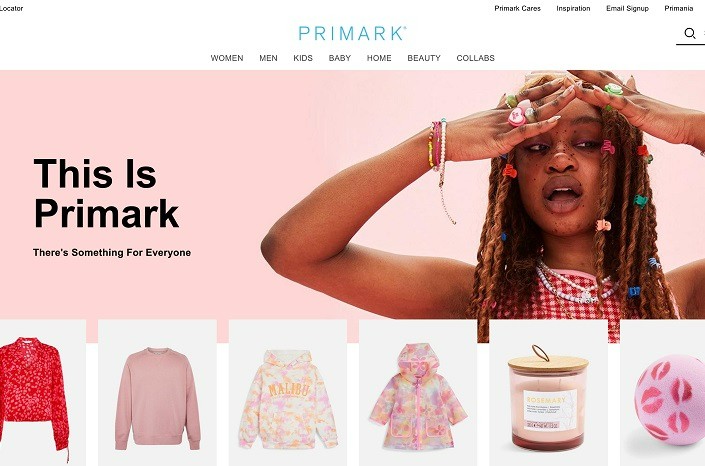The UK is famed for its small businesses: at the start of 2016, they were 99 per cent of all private sector businesses in the UK.
Since 2010, one million more small businesses and 4000 new medium-sized companies have been created.
In 2016 there were over half a million retail businesses, representing 10 per cent of all companies in the UK. For retail start-ups there are mentors, angels and VCs to help them through the early days.
But what happens when they want to move beyond the start-up stage? How do small retailers navigate the awkward growth years to become medium-sized enterprises?
There‘s not much discussion about this awkward phase. In humans it‘s recognised as a difficult stage, where people flip backwards and forwards between childhood and adult life: changing shape, working out how to communicate and eventually settling as an adult.
These patterns can be seen in businesses too. As a start-up becomes more established, the serious growing up happens. A business at this stage is becoming more responsible and may be starting to make money, but still needs investment and cool-headed advice.
In the last few years Spreadshirt has done its share of growing-up. We‘ve learnt a lot as we‘ve moved out of start-up phase to become a consistently profitable, $100 million (£75.88 million) firm. So what can we share from our awkward phase that other online retailers might be going through?
You think you know everything but you don‘t
Often, in a growing business, you don‘t yet know what you don‘t know. You may find market changes, management concepts or new big operational problems catch you by surprise. Don‘t panic; this is normal.
Recognising this and asking for help is the first step. Look for mentors who have dealt with the problems you‘re facing before. Don‘t be afraid to bring in consultants, use your shareholders or reach out to others who have experienced the same problem.
Communication is a process
Asking for help is important, young businesses can find it hard to talk to experienced players. They think they are being judged, that the grown-ups don‘t understand them.
In truth, start-up companies often are being judged in this awkward growth phase.
This is the point at which you prove that you can communicate like a grown-up business. That you are trustworthy, focused on profit, and still innovating. Learning to speak adult means that your team, customers, investors and vendors will keep the faith as you grow.
Like all new languages, practice makes perfect. During Spreadshirt‘s awkward growth phase we kept working on how we presented ourselves and how we sounded. We still have the same underlying idea from our early days — it just sounds like a grown-up idea now.
Too many things running simultaneously
Young, growing businesses want to do lots of things. The world is an exciting place and they want to try everything. You don‘t want to rule anything out, but it‘s also important to realise that you can‘t be all things to all people.
In our awkward phase we worked on too many customised and individual solutions for single partners, but now we find more satisfaction (and profit) in doing a few things really well. The key is to use your experimentation stage to work out what the right few things are.
Disgruntlement is part of growing up
Leaving start-up life can be hard for people working in the business, as well as those leading it, and emotions can run high during periods of rapid growth and cultural change.
There will be those in the business who don‘t want to leave behind the cool, start-up world and take the leap towards a full-fledged business. In most cases there is an underlying insecurity, lack of direction or a need to strengthen capabilities, which can be resolved through discussion and good communication. The leadership team needs to be alert for these issues and create a soft landing into the adult phase of the company.
In the end, this is about cultural change. Transitioning from a start-up firm to a grown-up company is about moving from one culture to another. Business leaders have to manage this change to bring their team, investors and customers, along with them. This is where the founder or chief executive role is important: to steer the organisation and encourage the team to be part of the creation of a new, effective company culture.
Once out of the awkward growth phase, a business can grow steadily, work on improving the margin on its consistent profit, generate a good set of assets and a solid balance sheet. By then, it will be well on the way to joining the 900 large businesses created since 2010.
Philip Rooke is the CEO of Spreadshirt, an ecommerce marketplace and online retailer
Click here to sign up to Retail Gazette‘s free daily email newsletter


















